You may have heard that spending time outdoors is beneficial to one’s health. It’s true! It’s because when a person (even a child) is under the sun, your vitamin D levels rise – which is beneficial to protect the body from certain conditions.
Raising a child is an essential mission in life. You have to ensure that they’re well-fed, clothed, and taken care of. Most parents ponder numerous things concerning a child, including what a child should do to develop normally.
If you’re looking for another new way to enhance a child’s development, consider engaging your kid in gardening. Playing with dirt, soil, flowers, and plants has numerous benefits that will be helpful to a child.
It can enhance fine motor development
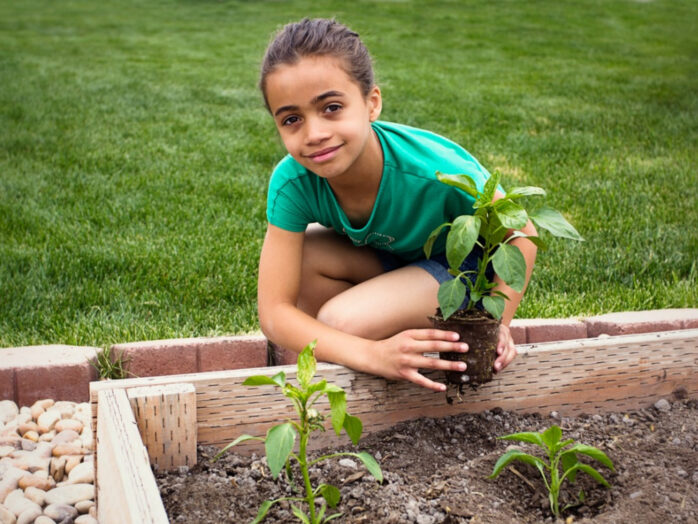
When in a garden, the child would have to pour water, scoop up dirt, plant seeds and plants, etc. A child’s motor skill is still developing; so, engaging your child in gardening is a great way to ensure that your child gets to use their hands and learn how to use them. Additionally, a child can use the skills they’ve learned in gardening and put it into use when writing, typing, cutting, carrying, and many more.
So, if you’re thinking of introducing your child to the world of gardening, consider gifting them something from the first birthday selection in My Happy Helpers. Along with a garden and some plants, your kids will develop their fine motor skills.
It gives a brief introduction to scientific concepts
Think of a child’s mind like a sponge; they consume whatever information is given to them. Engaging a child in gardening is a great way to introduce them to the basic concepts of science, specifically botany, chemistry, and biology. Toddlers can learn science lessons in the comfort of their homes while getting their hands dirty.
After planting their first seed, they become curious about what will happen next. Eventually, your child will run to that pot every day to monitor the progress. Kids may not realize this, but they are slowly learning the basic steps of a scientific process.
Then, as they grow older, they learn about the value of sunlight and water to plants. By continuously engaging a child in gardening, they can determine which plants need more sunlight or water or less sunlight or water. Also, due to experience, they’ll eventually learn how long it would take for a plant to grow.
The child can get exercise
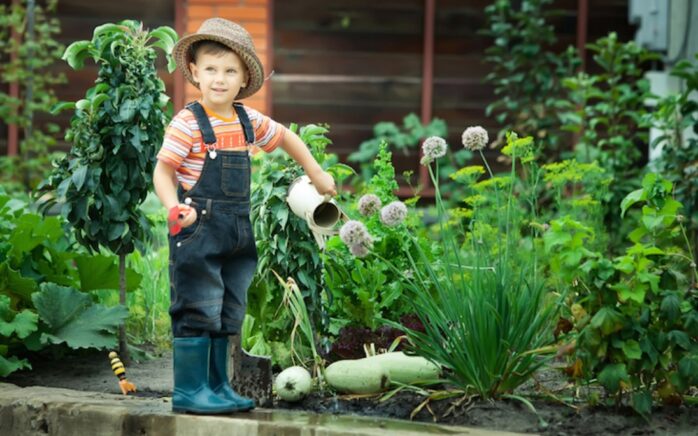
Gardening is an excellent way for a child to exercise since they will move the body regularly. Along with the chance of enhancing motor skills, your child can sweat and play with dirt and by watering the plants. Also, gardening involves a lot of digging, bending up and down, and other sorts of movements that can refine a child’s muscles.
It can develop a growth mindset
A growth mindset entails that the child is constantly learning, which is incredibly beneficial. When a child develops a growth mindset, and something doesn’t go their way, they will see this as a chance to learn instead of getting upset. In fact, according to My Happy Helpers, toys, especially educational ones given during the early stages, help children develop problem-solving skills and more.
A child can develop this mindset in gardening. There’s a chance that the child may not accomplish their task in gardening successfully or produce a vegetable or grow a plant. It’s a chance for the child to learn something new about which part they did wrong or could have done better to achieve the desired results.
They can unlock creativity!
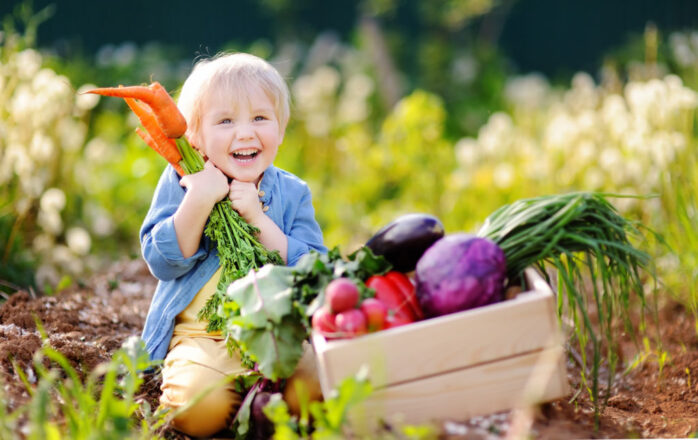
Picking what vegetables to harvest for dinner and what seeds to plant for the day is a way of turning gardening into a game. It encourages the child to decide for themselves and be creative in their way.
It engages all the senses
Gardening is an activity where you use your eyes to see the vibrant colors and different plants and touch and feel the soil, blossom, and seeds. They can also hear the sound when harvesting fresh products and smell the majestic aroma of flowers.
Indeed, a child can learn best when all of their senses are used. Gardening fits the criteria for this, which makes it a great learning experience since it allows kids to understand the concept of gardening using their senses.
It encourages healthy eating and living
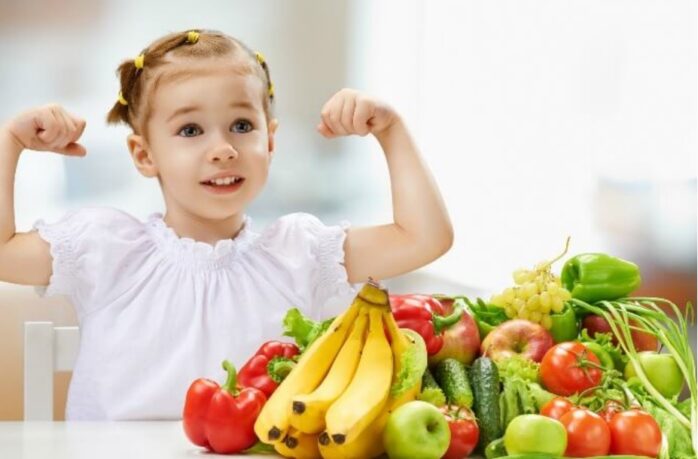
Often, parents try every hack in the book to try and convince their children to eat their greens. Without a doubt, healthy food is precious to anyone, especially a growing toddler. Luckily, by gardening their vegetables and fruits, they can feel a sense of pride that they grew something, and they get to eat the result. Consuming their hard work can give importance to healthy eating.
It teaches responsibility
It’s a great idea to start as early as now to teach your kids about responsibility, and gardening is a great activity to teach them just that! Through this activity, they learn that they are responsible for taking care of their plants to grow healthy.
The kid can learn maths skills
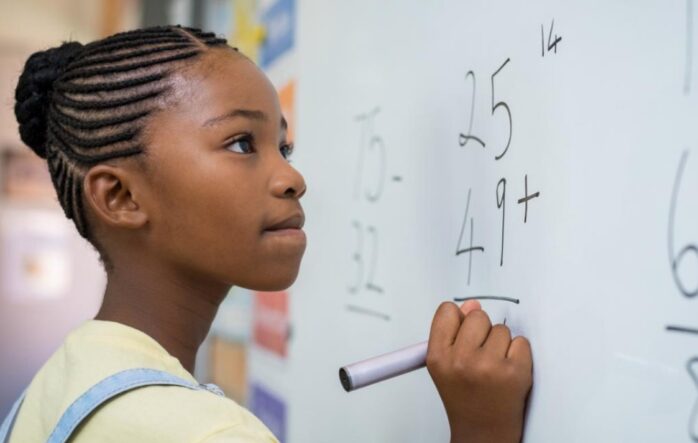
A child can learn about science in gardening, but also mathematics. Mathematics takes place when a child has to count the seeds and measure the depth of the soil. They can also learn by using a ruler to determine the plant’s growth. Another way is by comparing the sizes of the produce. Finally, they can also learn about geometry by identifying the different sizes seen in the garden.
It teaches the child to plan and organise
Gardening can be time-consuming and laborious at times. It can take a whole lot of planning and organizing so that things can run smoothly. You have to know when the potted flowers and plants would bloom for a successful harvest. Also, it’s a must to know how long a seed will turn into a vegetable.
Including your kids in this experience helps enhance their problem-solving skills, their ability to plan and organize, and many more. Indeed, the experience can help them bring life lessons whenever they play outside of the garden and until they grow old.
Takeaway
Gardening is a great opportunity where a child can grow, play, and learn from their experience. So grab your kid some tools and soil and get started into turning your yard into a beautiful garden your toddler can pour their creativity into.

